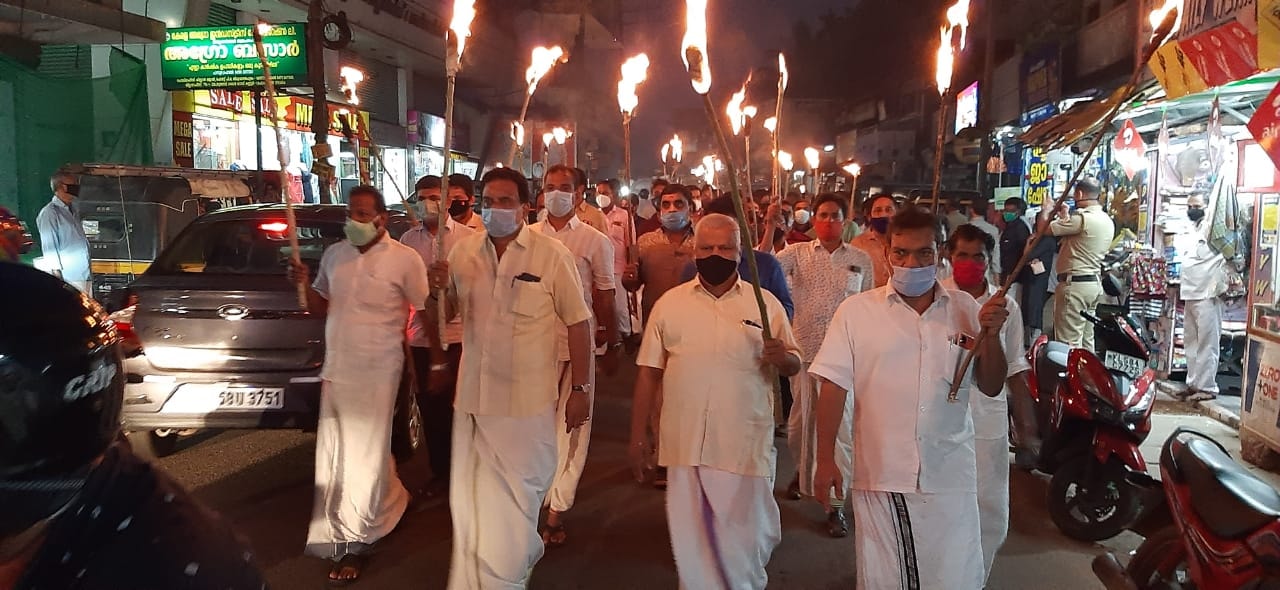
Kerala farmers safe for now from new farm laws, but may not be so for long
The three controversial farm laws may not have a direct impact on the agrarian community in Kerala, but Karshaka Samgham, the peasant wing of CPI M, has still joined the Delhi protests fearing long-term impact.

The three controversial farm laws may not have a direct impact on the agrarian community in Kerala, but Karshaka Samgham, the peasant wing of CPI M, has still joined the Delhi protests fearing long-term impact.
“The introduction of contract farming and corporatisation of agriculture would be harmful to Kerala in the long run. Hence, we, too, joined the protest,” says Gopi Kottamurikkal, the state treasurer of Karshaka Samgham.
For the time being though, the farm laws won’t affect them. First of all, Kerala has never implemented the APMC Act of 2003. Hence, the decision to scrap mandis will not have any bearing on Kerala farmers. Besides, the state has never been a major producer of food crops. Hence, the presence or absence of agriculture produce market committee (APMC) has never been a point of concern in Kerala.
Also read: Explained: Why are 3 agri bills angering India’s farmers?
Secondly, contract farming is alien to Kerala as the individual farmers do not possess large holdings, which had been a direct impact of land reforms. Hence, the second bill (The farmers (Empowerment and Protection) Agreement on Price Assurance and Farm Services Bill 2020) that refers to contract farming, also will not have an immediate impact here. “The new legislations have nothing to do with the production and market of spices,” says Dr Indira Devi, agriculture expert and former professor with the Kerala Agriculture University.
As Kerala’s agrarian economy is largely built on its cash crops, including spices, the farming community hopes that Kerala is safe from any immediate impact. In the 1960s, the state had food crops in 48 per cent of the agriculture land. Over a span of 50 years, the area of food crops has been lowered to 16 per cent and cash cropping has expanded to 67 per cent of the total agriculture land. However, over the last 10 years, the state has been making deliberate efforts to increase its food production.
Also read: Farm laws: Key points from govt’s draft proposal sent to farmers
“The farmers in Kerala get minimum support price (MSP) for most of the major food crops. The paddy farmers get ₹2,630 per quintal, which is the highest in the country,” said V S Sunil Kumar, the minister for agriculture. Recently, the state government announced MSP for 16 varieties of vegetables and fruits. Special agriculture zones were introduced in 2017 with an intention to enhance food production. There are five such zones for rice, coconut, banana, vegetables and flowers. The zones have soil testing labs, procuring facilities, irrigation support and plant health clinics.
Kerala has set up a Farmer’s Debt Relief Commission, which is a statutory body meant to examine the liabilities of farmers and to settle them through regular ‘adalats’. There is a crop insurance scheme for farmers to meet the revenue loss due to natural calamities and wild animal menace. A total of 27 crops have been covered under this scheme.
“Kerala cannot be a bystander when comprehensive reforms happen in the rest of the country,” says Dr Indira Devi. She thinks the entry of big players into the market would have an adverse impact on Kerala farmers, too. “Kerala being a large consumer of food products, the impact of the new legislation in neighbouring states like Karnataka, Andhra and Tamil Nadu would be detrimental to the state,” says Dr Indira.
To read the first story in the series, click here: Punjab farmers’ smile belies deeper angst of debt, poor prices
To read the second story in the series, click here: Farmers irked as govt moves to recover ‘wrong’ payouts in PM Kisan scheme
To read the third story in the series, click here: Bengal farmers need reform but not contentious farm laws
To read the fourth story in the series, click here: Telangana govt takes on farm laws to protect its farmer-friendly image


